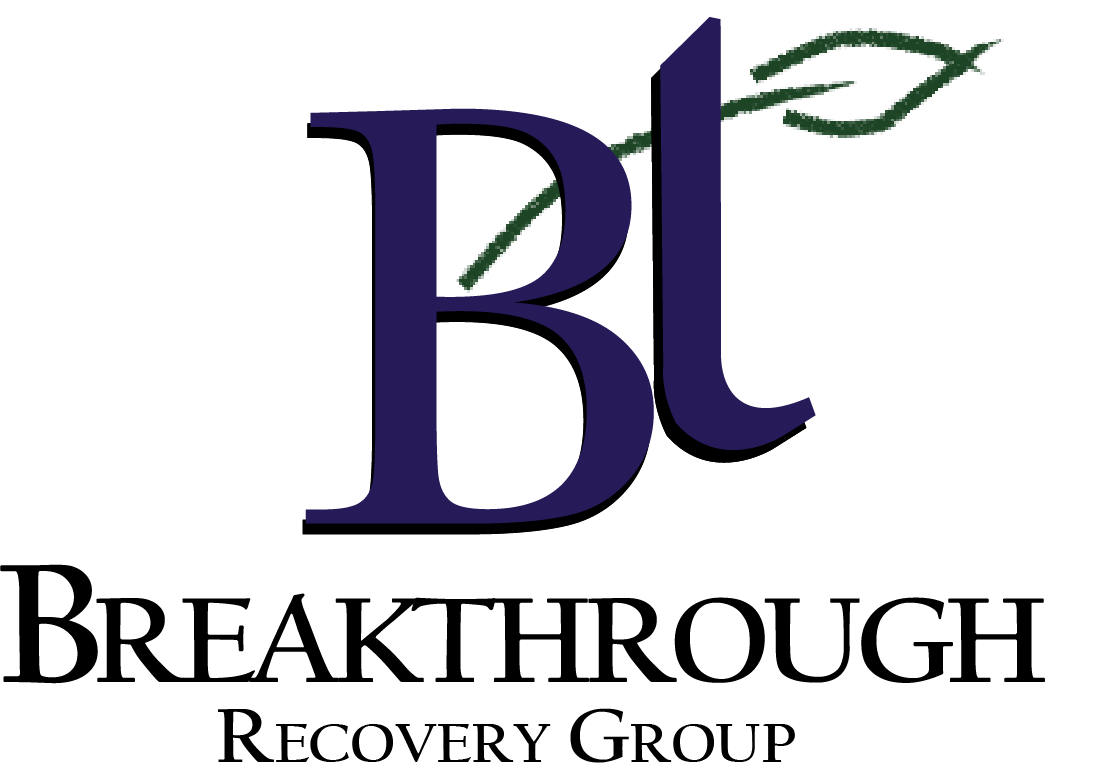
Discovering Inpatient Rehab Options in Spokane, WA
Living in Spokane, I’ve witnessed firsthand the crucial role inpatient rehabs play in our community. There’s something profoundly essential about the way these facilities offer structured environments for individuals battling addiction. Spokane, WA, boasts a variety of reputable inpatient rehab centers, each uniquely equipped to address substance use disorders. Our organization, BTRG Spokane, while focusing on therapeutic services, has often collaborated with these centers to ensure comprehensive care for our clients.
The search for the right inpatient rehab in Spokane, WA can be overwhelming, given the multitude of options available. Each center often offers a different philosophy of care, specific treatment modalities, and various levels of medical supervision, all tailored to meet diverse needs. From facilities that focus primarily on holistic healing to those deeply rooted in evidence-based practices, the choice can drastically affect one’s recovery journey.
Choosing the Right Facility
At BTRG Spokane, we advise considering several critical aspects when choosing an inpatient rehab facility. First, it is important to verify the center’s accreditation and the qualifications of their staff. An accredited facility adheres to high standards of care, which can significantly influence the quality of treatment received. Next, aligning the treatment philosophy of the rehab with personal beliefs and preferences can enhance the overall effectiveness of the program.
Additionally, the level of family involvement in the treatment process often varies between facilities. Some centers encourage family therapy sessions, which can be beneficial for all parties involved. Engaging with family members not only helps in rebuilding relationships but also aids in creating a supportive environment for long-term recovery. Lastly, understanding the range of therapies offered, such as cognitive-behavioral therapy or dialectical behavior therapy, ensures that the treatment is comprehensive and holistic.
Moreover, it’s beneficial to look for facilities that offer personalized treatment plans. Individualized care means that the program will address not just the addiction, but any co-occurring mental health issues as well. This approach is something we highly value at BTRG Spokane, as it aligns with our mission to provide tailored therapeutic services that address the whole person, not just the symptoms.
Exploring Addiction Treatment Programs
Inpatient rehab Spokane WA is home to a variety of addiction treatment programs, each designed to cater to specific needs. Programs typically range from medical detoxification to long-term residential care, with options for partial hospitalization and intensive outpatient treatment. Every path presents unique benefits, all integral to the healing journey.
Medical detoxification is often the first step for individuals in rehab, focusing on safely removing harmful substances from the body. It usually involves medical supervision to manage withdrawal symptoms, ensuring a safe and more comfortable process. In Spokane, several facilities are equipped with state-of-the-art medical services dedicated to detoxification, providing a strong foundation for subsequent treatments.
For those requiring intensive support, residential treatment programs offer 24/7 care and structured environments, crucial for successful recovery. These programs emphasize creating a safe space where individuals can focus solely on healing. This immersive environment is designed to foster sobriety, while breaking free from the triggers and temptations of daily life.
Benefits of Residential Treatment
The benefits of residential treatment extend far beyond the confines of the facility. Uninterrupted access to professional care, peer support, and structured daily routines cultivate an atmosphere conducive to recovery. The setting enables individuals to thoroughly engage in therapy sessions, fostering self-discovery and personal growth.
By removing the stressors and distractions of everyday life, residential treatment empowers individuals to delve deeply into their recovery process. It provides the opportunity to practice new coping mechanisms, enhance interpersonal skills, and build a foundation for a sober lifestyle. The healing that takes place in these environments is profound, often catalyzing long-term behavioral change.
The Role of Family Support
Healing from addiction isn’t a solitary journey; it requires a network of support, with family often playing a pivotal role. At BTRG Spokane, we incorporate family counseling as part of our therapeutic services, understanding its immense value in the recovery landscape. Family involvement can aid in addressing relational dynamics and mending trust, which is often fractured in the throes of addiction.
By participating in therapy sessions, family members become integral components of their loved one’s recovery process. This collaboration helps educate and prepare families for their supportive role post-treatment. It also provides a platform for open communication, fostering understanding and empathy, which are essential to recovery and maintaining sobriety.
Importance of Aftercare Programs
The journey doesn’t end once the inpatient rehab Spokane WA program concludes–aftercare is crucial for sustaining recovery. Aftercare programs bridge the gap between intensive treatment and returning to daily life, offering support through this transitional phase. They typically include continued therapy, support groups, and regular check-ins to maintain accountability.
BTRG Spokane often emphasizes the need for robust aftercare strategies as part of our therapeutic approach. Transitioning out of inpatient rehab can be challenging, with individuals facing the pressure of everyday stresses and potential triggers. Aftercare programs provide ongoing support, reducing the risk of relapse and reinforcing coping strategies developed during treatment.
Integrating Therapeutic Services for Comprehensive Care
Our experience at BTRG Spokane underscores the importance of integrating therapeutic services with inpatient rehab Spokane WA programs. By collaborating with rehab centers, we ensure that our clients receive well-rounded care tailored to their unique needs. This holistic approach addresses the physical, emotional, and psychological aspects of recovery, promoting comprehensive healing.
The integration of therapeutic services allows us to provide continued support before, during, and after inpatient treatment. Clients benefit from a seamless transition to therapy, ensuring that progress made during rehab is sustained and built upon. This continuity of care is vital for achieving lasting recovery and empowering individuals to lead fulfilling lives beyond addiction.
Personal Reflections on Rehab Experiences
Working closely with inpatient rehab centers in Spokane, I’ve gathered countless stories of resilience and transformation. Each individual journey is unique, shaped by personal battles and triumphs. These narratives highlight the strength and determination required to overcome addiction, illustrating the powerful impact of compassionate and evidence-based care.
One particular client shared how the supportive environment of residential treatment was life-changing, providing a sanctuary to heal from past traumas. Engaging in group therapy allowed for shared experiences, creating bonds that reinforced their commitment to sobriety. Such reflections underscore the importance of choosing a facility that aligns with one’s needs and values.
Overcoming Challenges on the Road to Recovery
Recovery is fraught with challenges, a path that requires perseverance and support. From the initial detoxification process to maintaining sobriety post-treatment, each stage presents unique hurdles. At BTRG Spokane, we recognize these challenges and provide resources to help mitigate them, fostering an environment that nurtures resilience and growth.
Adapting to life post-rehab is often one of the most daunting transitions, with the risk of relapse ever-present. Having a support network, whether through continued therapy, support groups, or family, is vital for overcoming these obstacles. Empowering individuals with the tools and knowledge to navigate these challenges prepares them for sustained recovery and a healthier future.
Contact Us for More Information
Interested in learning more about inpatient rehab Spokane WA options or our therapeutic services? BTRG Spokane is here to help. Our team of experienced therapists is dedicated to providing compassionate care tailored to your needs. Reach out to us to start your journey towards healing and personal growth. Your path to a healthier, more fulfilling life begins here.

What are the different inpatient rehab options available in Spokane, WA, and how do I choose the right one for me?
When exploring inpatient rehab options in Spokane, it can feel overwhelming due to the variety of choices. Each facility offers unique treatment modalities and philosophies. In Spokane, you will find facilities focusing specifically on holistic healing, integrating natural therapies with traditional methods, alongside centers that adhere strictly to evidence-based practices. It’s vital to consider what aligns best with your personal beliefs and treatment preferences.
For instance, if you value a more holistic approach, you might thrive in a setting that offers yoga and meditation alongside therapy. Conversely, if you prefer a structured, scientifically-based program, looking for centers offering cognitive-behavioral therapy or medication-assisted treatment might be beneficial. At BTRG Spokane, we often emphasize aligning treatment philosophies with personal values to enhance the recovery journey.
To choose the right facility, consider visiting potential centers, speaking with staff, and asking about their accreditation and the qualifications of their medical team. This not only ensures high-quality care but also facilitates a supportive environment suited to your specific needs. Have you considered what type of environment you feel would best support your recovery?
How significant is family involvement in the treatment process, and what role does it play in recovery?
Family involvement can be a cornerstone of the recovery process, acting as a powerful support system. At BTRG Spokane, we deeply integrate family counseling into our services because it addresses the relational dynamics often affected by addiction. Engaging family members in therapy sessions helps rebuild trust and communication, crucial elements in sustaining recovery.
Imagine a scenario where an individual completes their residential treatment program and returns home. Having a family that understands their journey and is prepared to support them can make a significant difference. Family members who participate in therapy gain insight into the recovery process, learning how to provide effective support and understanding.
If you’re considering including family in your treatment process, think about the current state of those relationships and how healing could transform them. Could involving your family enhance your recovery journey and strengthen support networks?
Why are aftercare programs crucial after inpatient rehab, and what should one look for in these programs?
Aftercare programs are essential as they bridge the transition from intensive inpatient care to everyday life. At BTRG Spokane, we view aftercare as a continuation of the healing journey, providing structure and support to prevent relapse. These programs typically include ongoing therapy, support groups, and regular check-ins, helping individuals apply coping strategies learned during treatment.
Consider, for example, someone who completes a residential program feeling motivated but faces everyday stresses upon leaving. Without aftercare, they may struggle to maintain their sobriety. Aftercare offers a safety net, reinforcing recovery through regular support and accountability.
When evaluating aftercare options, seek programs that offer personalized plans and flexibility to adapt to your evolving needs. Ask yourself: what kind of ongoing support will you need to stay committed to your journey? How can aftercare be integrated into your life post-treatment?
How do therapeutic services integrate with inpatient rehab to provide comprehensive care?
Integrating therapeutic services with inpatient rehab is crucial for addressing the multifaceted nature of addiction. At BTRG Spokane, we collaborate closely with rehab centers to ensure that our clients receive holistic care. This integration addresses not only the physical aspects of addiction but also emotional and psychological needs.
Picture a treatment approach where therapy begins before the inpatient stay and continues seamlessly after discharge. This continuity supports sustained recovery by building on progress made during rehab. Therapeutic services, such as trauma counseling and cognitive-behavioral therapy, are tailored to individual needs, promoting lasting healing.
Consider how a comprehensive plan integrating these services might impact your recovery. How do you see therapeutic support as part of your overall treatment journey?
What are the key benefits of residential treatment programs, and how do they contribute to long-term recovery?
Residential treatment programs offer a structured environment crucial for recovery, providing 24/7 care and support. The constant access to professional care and peer support fosters a community of healing, where individuals can focus solely on recovery without external distractions.
Imagine the benefit of stepping away from daily stressors to immerse yourself in an environment dedicated to healing. Such settings encourage personal growth and self-discovery, allowing you to practice new coping mechanisms and interpersonal skills in a supportive atmosphere.
The long-term benefits often include improved emotional regulation and stronger relapse prevention skills, providing a solid foundation for a sober lifestyle. Have you thought about how a residential setting could benefit your journey to wellness, free from the triggers of everyday life?
Resources
- Substance Abuse and Mental Health Services Administration – SAMHSA is a government agency that provides resources and information on substance abuse and mental health treatment.
- National Institute on Drug Abuse – NIDA conducts research on drug abuse and addiction, and offers resources for individuals seeking treatment.
- Psychology Today – Psychology Today offers a directory of therapists and treatment centers, as well as articles on mental health and addiction.
- National Alliance on Mental Illness – NAMI provides support and advocacy for individuals and families affected by mental health conditions, including addiction.




